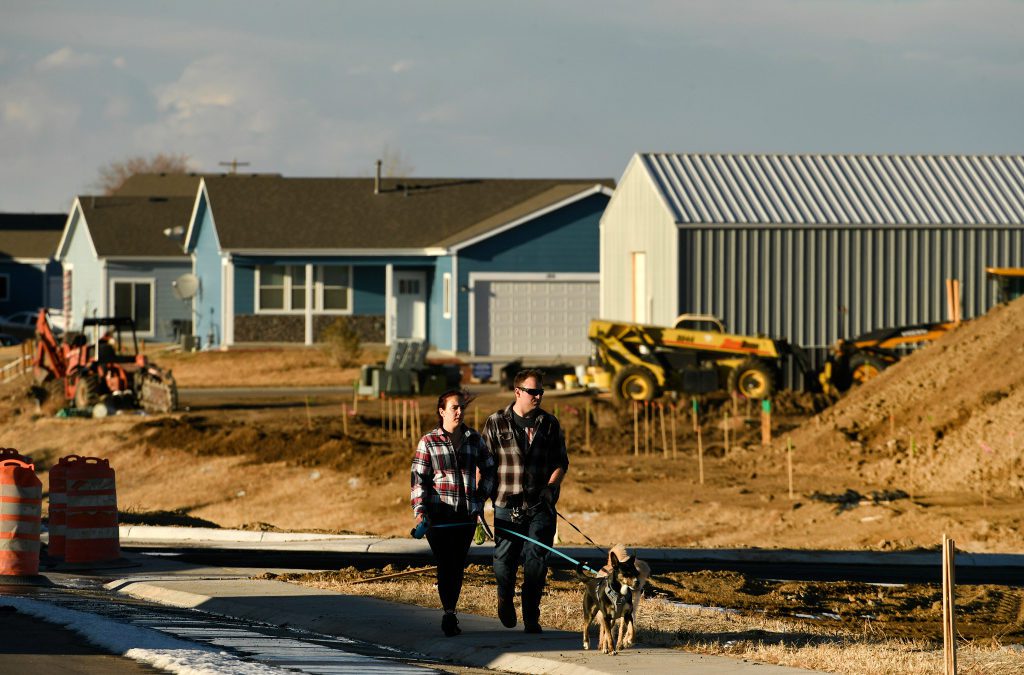Metropolitan districts in Colorado must let their residents know by either mail or email of any upcoming elections for its board of directors as well as their right to run for one of those seats, under a Senate bill amendment approved Wednesday.
The change, by Sen. Chris Kolker, D-Centennial, requires notice of elections by mail or email rather than allowing district officials to use other means that residents might not see.
Residents in several metro districts have complained that elections frequently are canceled without their knowledge or awareness that they had a right to self-nominate for a seat on a district’s board of directors.
If the Senate approves bill S.B. 21-262 this week, it goes to the House, where additional changes are likely to be introduced.
A separate House bill dealing with metro district reforms has been in the works but has not been introduced. A group of businesses and investors that work on metro districts, known as the Metro District Education Coalition, that were instrumental in the Senate bill have also pressed members of the House to stall any efforts at a competing bill.
The Senate bill requires several notifications for district residents including easily accessible annual reports, budgets, and election results, and requires developers to inform potential buyers of the property tax bill they will actually face. But the bill falls short of more meaningful change, according to those who want additional reforms.
For instance, the bill says an independent engineer must certify a developer’s expenses before a district reimburses them. But attorney and metro district homeowner John Henderson with Coloradoans for Metro District Reform said that isn’t adequate protection for homeowners if the district hires the engineer.
“That’s because the developer and the metro district board members are usually one in the same, just wearing two different hats,” he said. “The amendment to require email or regular mail is so we don’t have to check fence posts where developers frequently post notices they don’t want residents to see.”
Another concern is that several of the bill’s transparency provisions don’t apply to metro districts with fewer than 1,000 voters, which Henderson said squarely hits on the non-urban parts of Colorado.
“They did not remove the loophole for rural communities,” Henderson said. “Apparently transparency is not as important in rural Colorado.”
Bill sponsor Sen. Rachel Zenzinger, D-Arvada, conceded the bill was not a panacea for metro district ills.
“This is not a silver bullet; it won’t solve all the issues out there,” she said on the Senate floor. “What it is about is bringing light.”
This content was originally published here.

